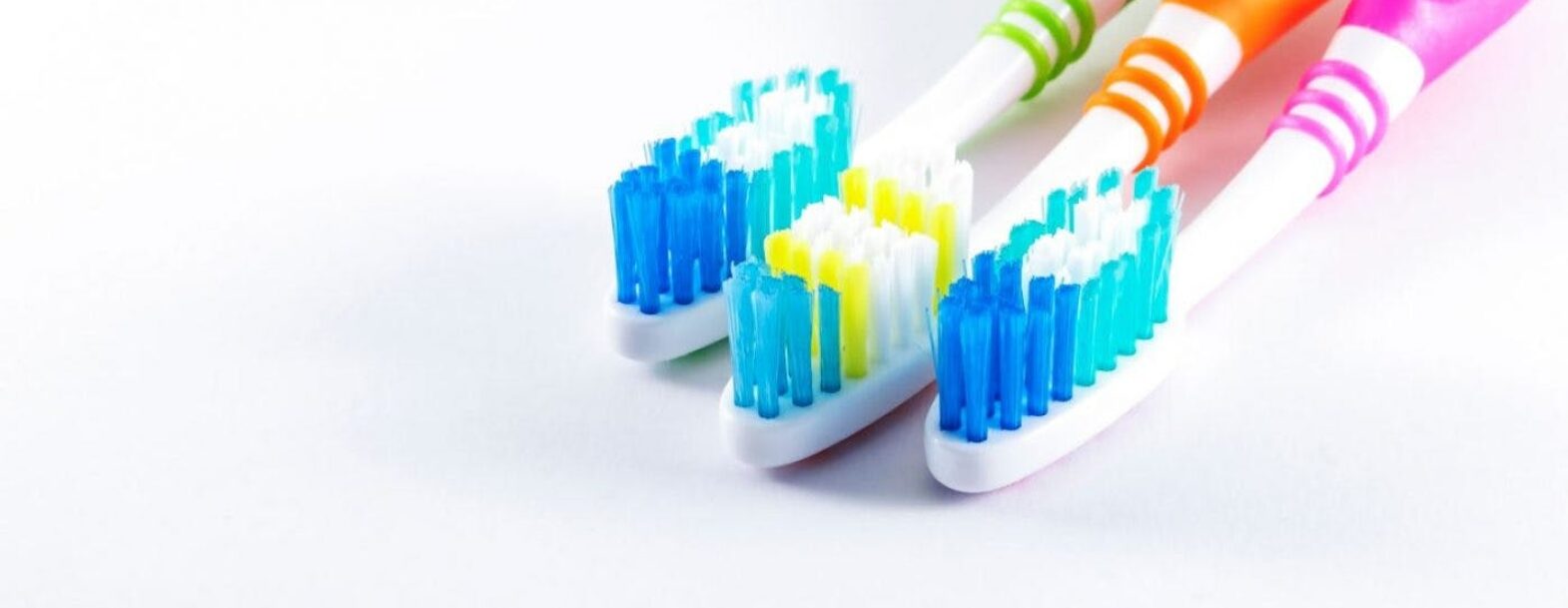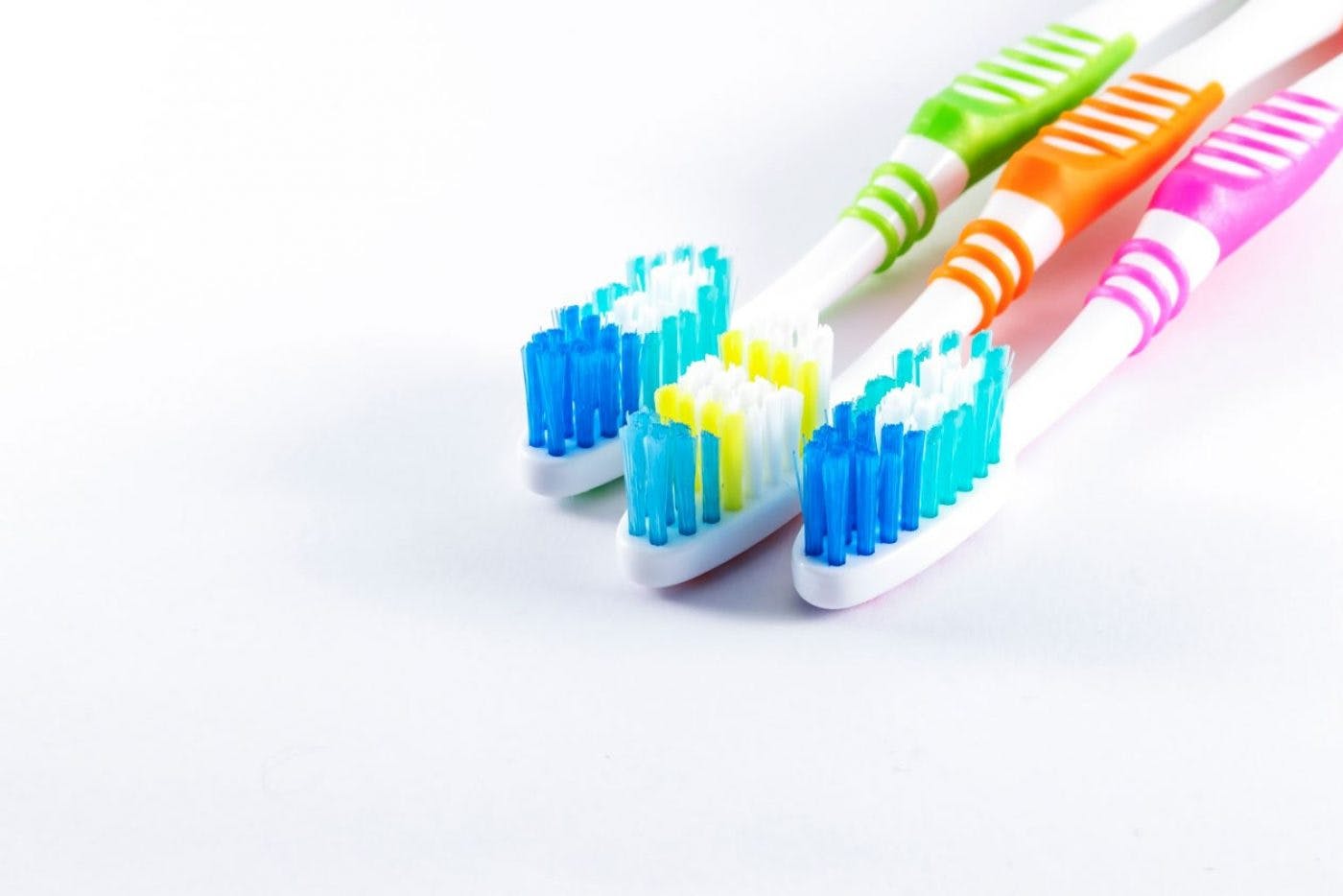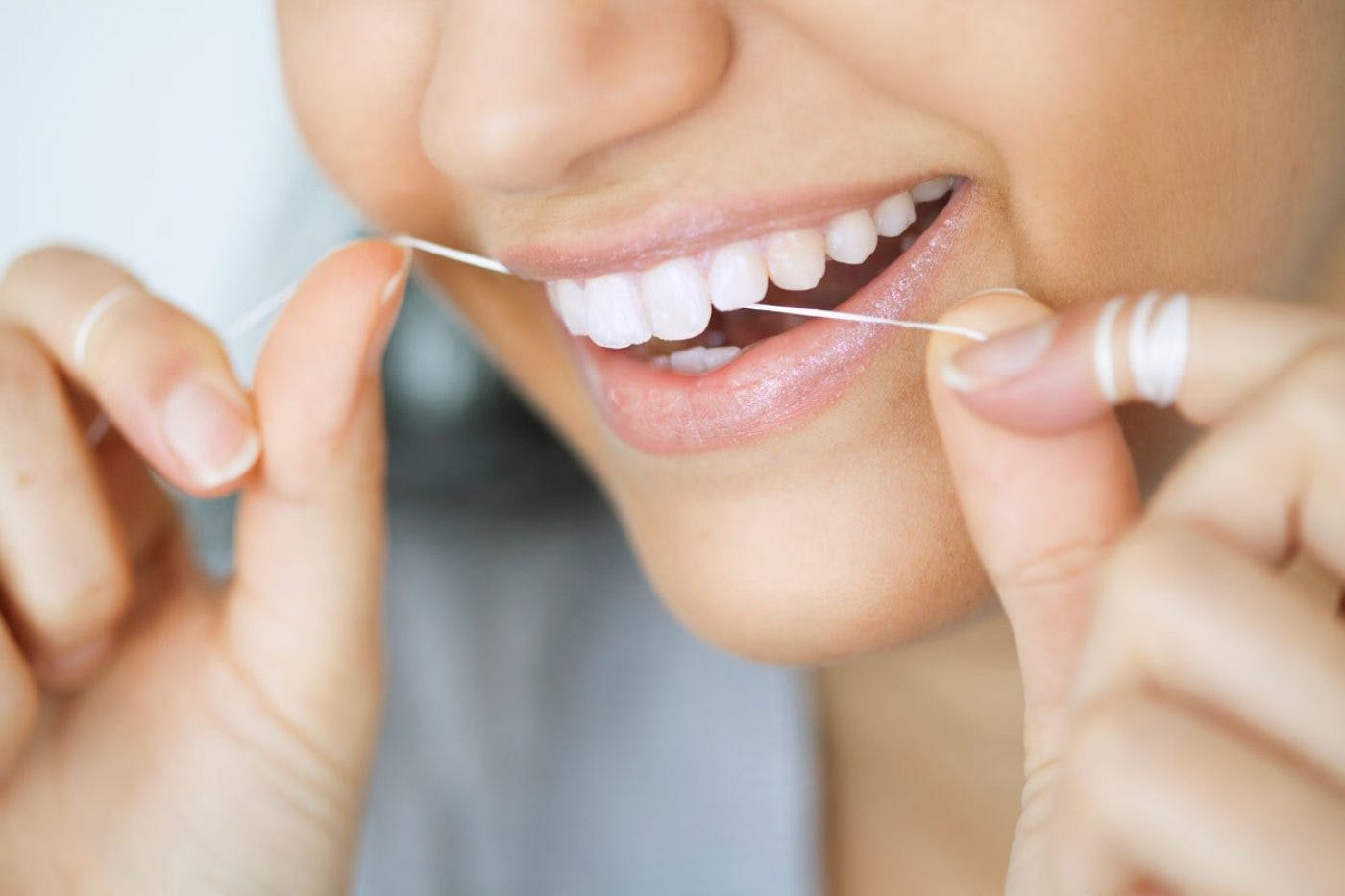How to Brush your Teeth
- Home
- /
- Blog
- /
- Hygiene Advice
- /
- How to Brush your Teeth
Top tips on how to brush your teeth properly!

As we know, brushing your teeth is an essential part of your oral hygiene routine, but are we all doing it correctly? To maintain healthy teeth and gums you must use the correct routine and doing this regularly and thoroughly, will help to ensure your mouth stays healthy. Whilst we probably all do this slightly differently, below are some simple, helpful tips on how to brush your teeth for maximum oral hygiene.
Our advice is to brush for two minutes, twice a day. Once in the morning and once again before you go to bed. Brushing your teeth regularly is important in reducing the build-up of harmful plaque, and doing this twice a day helps to prevent gum disease and tooth decay.
When you don’t brush your teeth properly, bacteria can build up and stick to your teeth. This layer of bacteria is called plaque, and a build-up of plaque can lead to sore gums, gum disease and eventually tooth loss. Plaque also converts sugars into our food into acid which attacks the teeth and causes tooth decay (cavities).

Finding the right brush makes a big difference to the effectiveness of your brushing, but also your comfort. Using an electric toothbrush can be good, but only if used correctly. If you’re using an electric brush let the brush do the work for you. Hold it on each tooth individually, angling the bristles towards the gumline. Plaque collects where your tooth meets your gumline, so it’s important that you ensure the bristles of your brush reach this area when brushing.
Electric brushes are more efficient than manual brushes because they have a smaller head to access hard to reach areas, and the oscillating action removes plaque efficiently, with more brush strokes per second that we can produce manually.

Apply a pea-sized amount of fluoride toothpaste to your brush and aim to brush every surface of every tooth. Fluoride strengthens enamel to give extra protection against tooth decay and using a toothpaste which contains fluoride is recommended by dental care professionals. To ensure the best clean, move your brush in a small circular motion. An electric toothbrush will automatically do this motion for you.
Brushing your teeth is only part of your oral hygiene routine. Try reducing the amount of sugary food and drink you consume and if you are going to have them, aim to only have them at mealtimes, not between meals.
Fizzy drinks and fruit juices contain acids, which can dissolve the outer surface of your teeth (enamel). This is called erosion; it thins your teeth, which can make them more sensitive, translucent or yellower and more likely to chip. So, avoiding these drinks can help prevent erosion and sensitivity. If you do consume erosive drinks or foodstuffs (such as fruit), wait for at least one hour after eating or drinking anything acidic before brushing your teeth. This gives your teeth time to build up their mineral content again
You may also choose to use dental floss and interdental brushes to brush your teeth. This is advised to add a more thorough clean after brushing with your toothbrush to get in between the teeth. If you don’t clean in between the teeth you are missing more than a third of the tooth surfaces. Interdental brushes get into all the nooks and crannies and also stimulate the gums to improve gum health.
Floss helps to remove plaque in between the teeth to improve gum health, it also helps to prevent cavities by removing plaque between the teeth where they touch. This is a common area where tooth decay and cavities start, so removing plaque here also helps to prevent decay.
Remember to ‘Spit don’t rinse’ after brushing – so that the fluoride stays on your teeth for longer. If you wish to use a mouthwash, then a fluoride mouthwash, used at a different time to brushing will increase protection against tooth decay.
Whilst this list is not fully exhaustive, use these tips to keep your mouth healthy, and avoid tooth decay and gum disease. Remember to brush regularly, twice a day. Replace your toothbrush regularly to ensure the bristles reach every part of your tooth. Avoid sugary food and drink between meals and add flossing or fluoride mouthwash to your routine to ensure a healthy smile.
Back to Blog